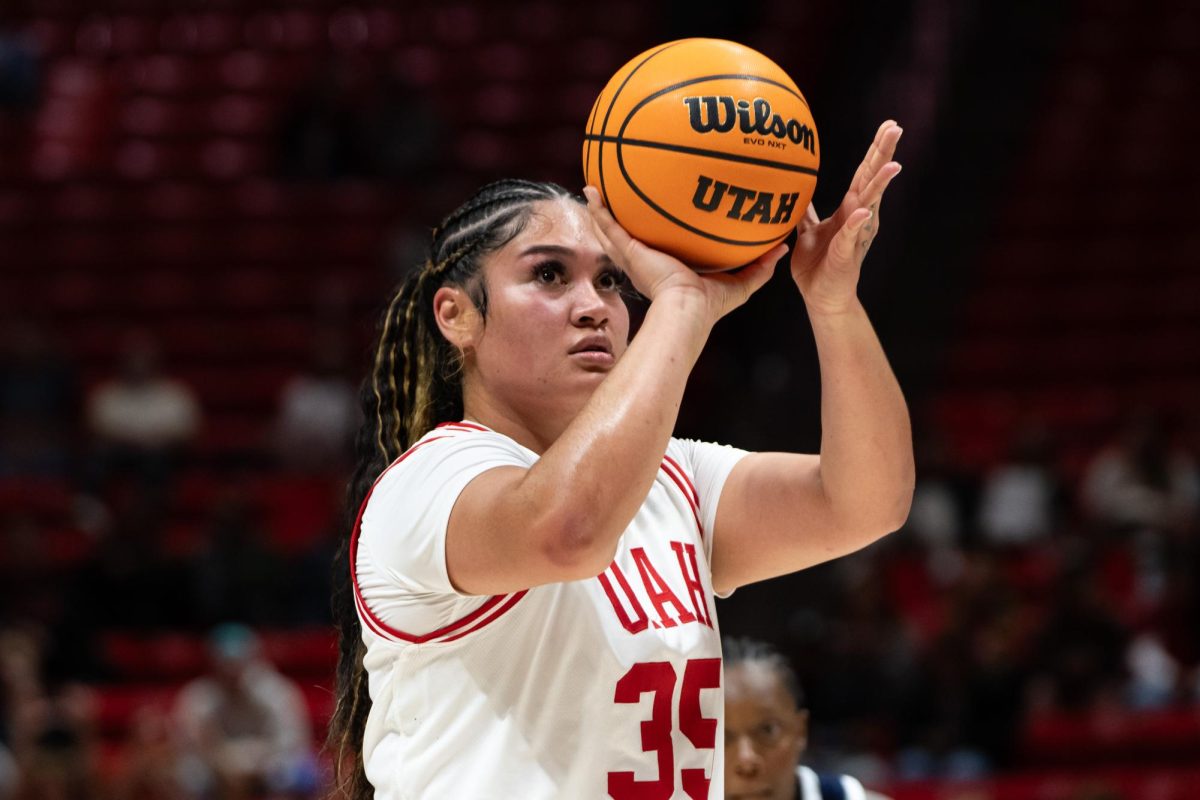State legislators are expressing concern over why the U and all other Utah universities are sitting on millions of surplus dollars.
In the 2006 fiscal year, the U had almost $30 million left over in state-sponsored funds, causing lawmakers to question whether or not they are giving schools too much money.
“Any time we see extra money in departments or agencies, we have to wonder — have we over-appropriated funds?” said Sen. Greg Bell, R-Kaysville.
Bell said the surplus might not affect how much money the U receives in the upcoming legislative session, but legislators are requiring all schools and agencies to report exactly how the money is being used.
“It has to be project specific,” Bell said. “We don’t want them to have rainy day funds or excess, we want them to justify their programs.”
U President Michael Young said he doesn’t expect the surplus to influence this year’s budget.
“We’re not really so worried about it because…our relationship with the legislature for the last three years that I’ve been here has been a good one,” Young said.
He said the surplus isn’t a “slush fund,” but rather a reserve for building projects, and departmental accounts. For example, some money was used to pay for furniture and utilities in the new Warnock Engineering Building.
The 2007 surplus is down to $22 million, which Young said isn’t excessive. He said the U should have between a 5 and 6 percent surplus every year — the 2006 amount represented 8 percent of the overall budget.
“Income streams vary, but expenses vary less,” Young said. “It’s irresponsible not to have a certain cushion to… keep an even flow of available funds to pay off what needs to be paid off.”
When universities have faculty vacancies in hard-to-recruit positions, Bell said the salary money often carries over from year to year, building with cost of living increases. If the spot isn’t filled in more than a year, this money will have to be returned to the state. Similarly, money for incomplete projects also has to be handed back.
Senate President John Valentine, R-Orem, said once institutions report how they acquired their extra funds, the Legislature will have to decide whether to reclaim the funds, allow them to hold the money in reserve or give less in the next session.
“We’ll listen to debates from institutions (and decide) depending on what funds were originally appropriated for,” Valentine said.
Paul Brinkman, associate vice president for budget and planning, called the surplus a “savings account” and said the surplus money is limited to the purpose it was set aside for, even though it rolls over into savings if not needed.
“The money didn’t happen in one year,” Brinkman said. “It depends on one-time events, whether some years we spend all we thought we would or it flops over to the savings account.”
Administrators said the U’s surplus is decreasing. By the end of the 2008 fiscal year, it will be closer to $15 million, Brinkman said. A decade ago, the U had a budget deficit of about $15 million.
Although lawmakers said schools shouldn’t keep so much money, they don’t know the surplus will affect future appropriations.
“I don’t think there’s a spirit of punishing, we just want to know (where the money’s going),” Bell said. “If we lose track, it’s not fair to the taxpayers.”











